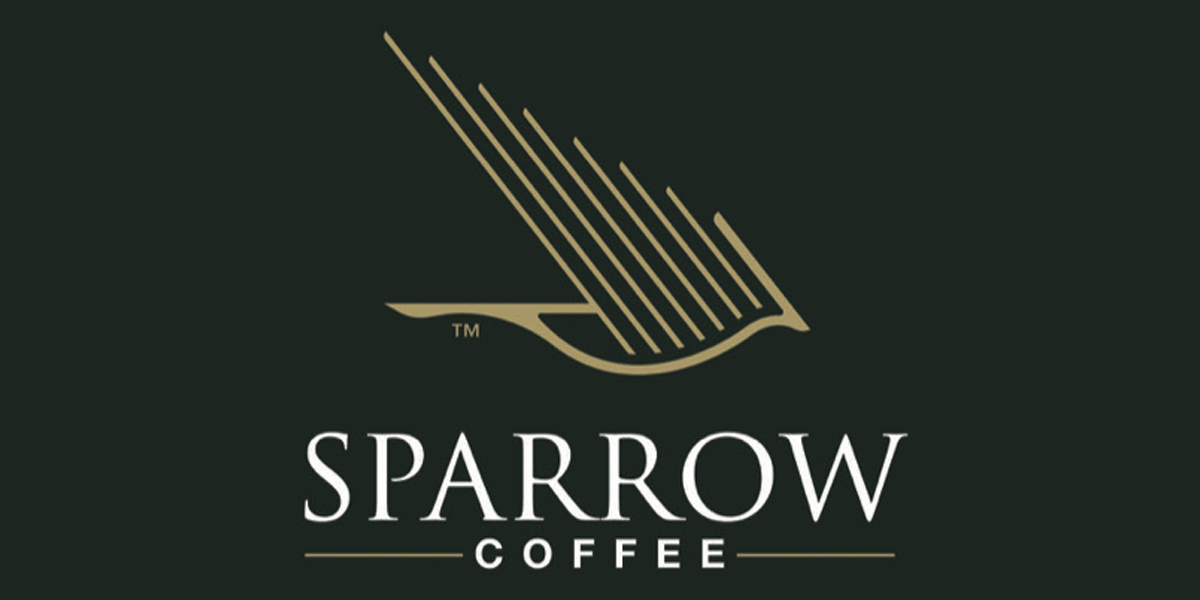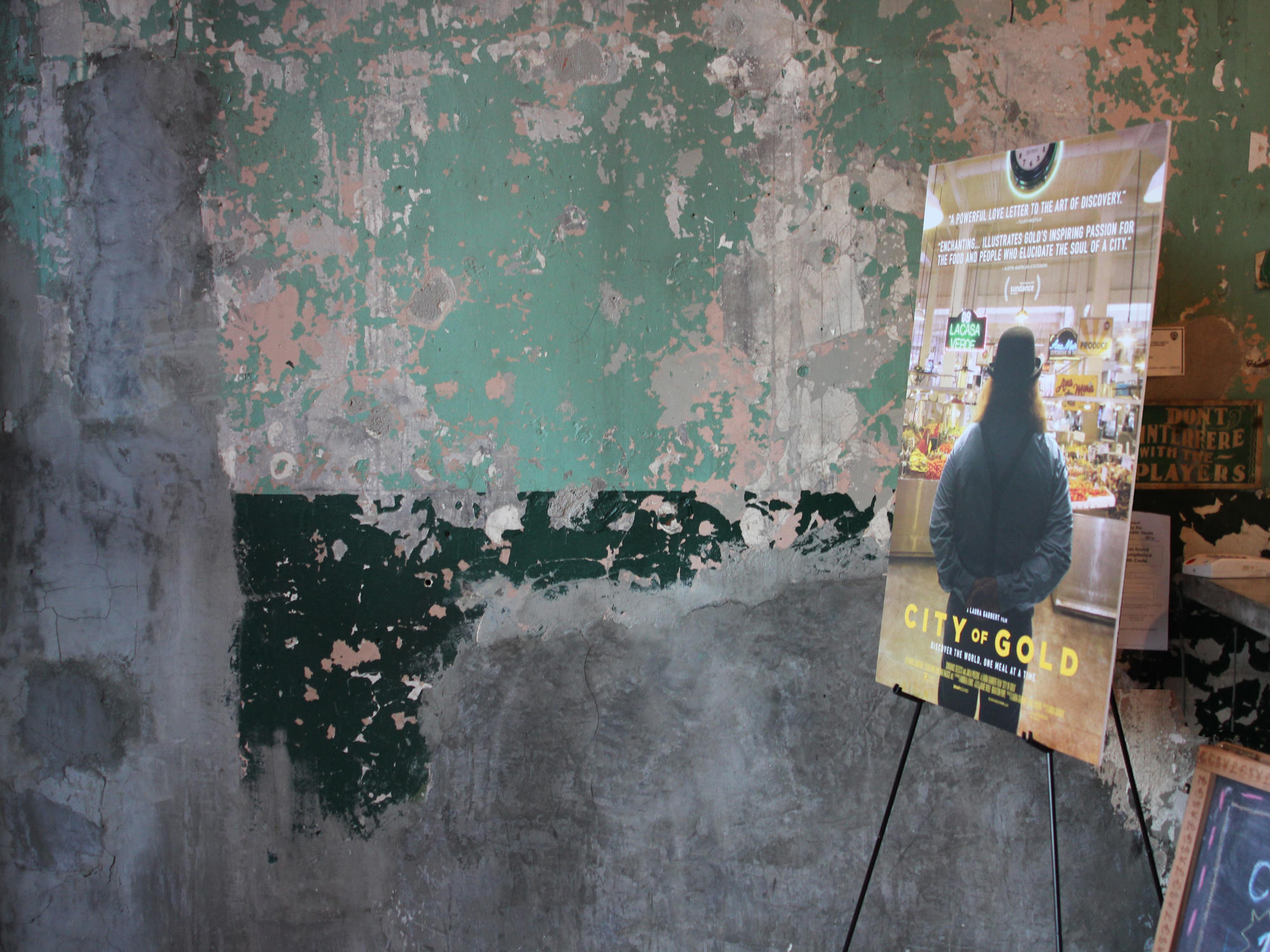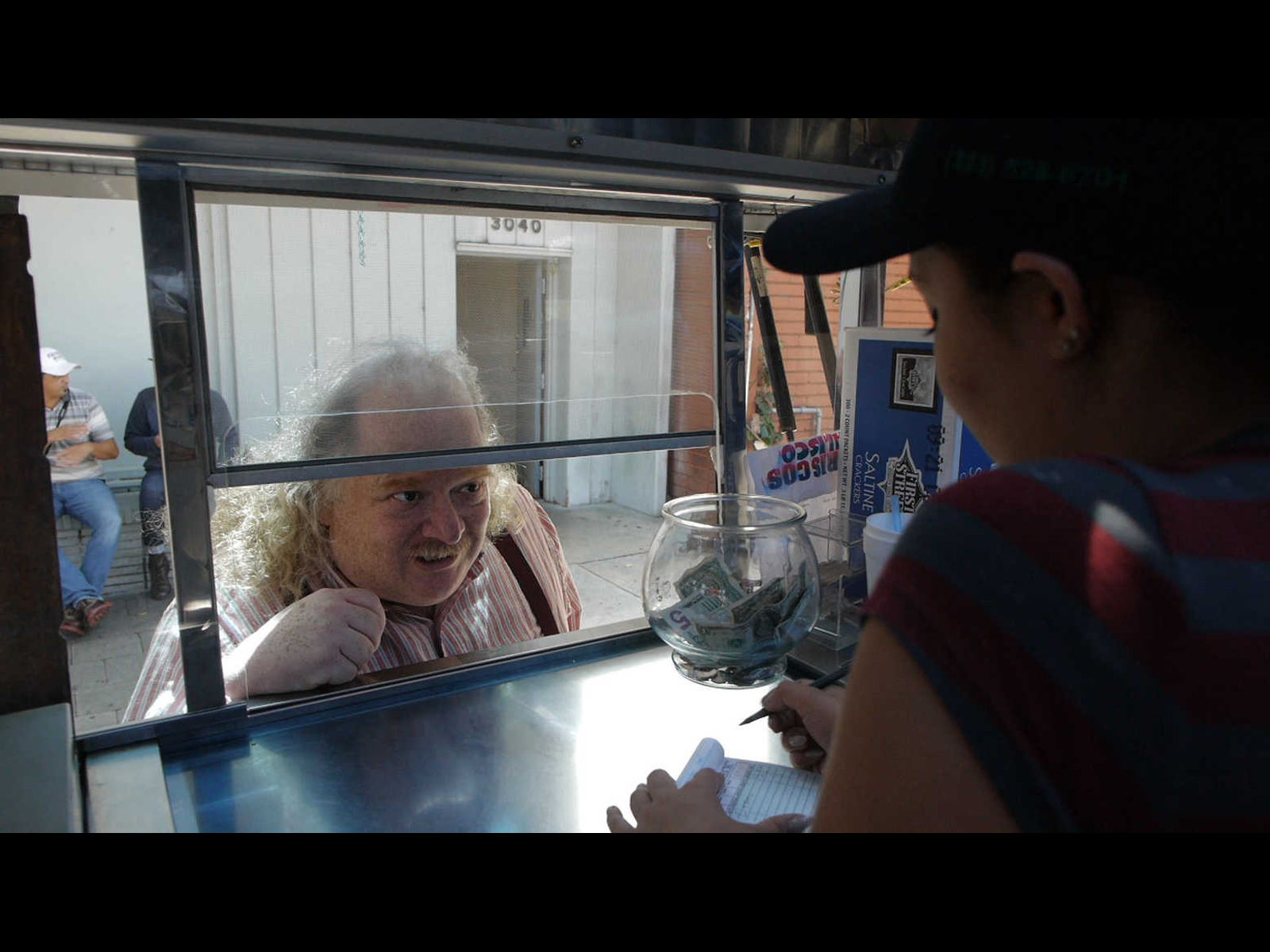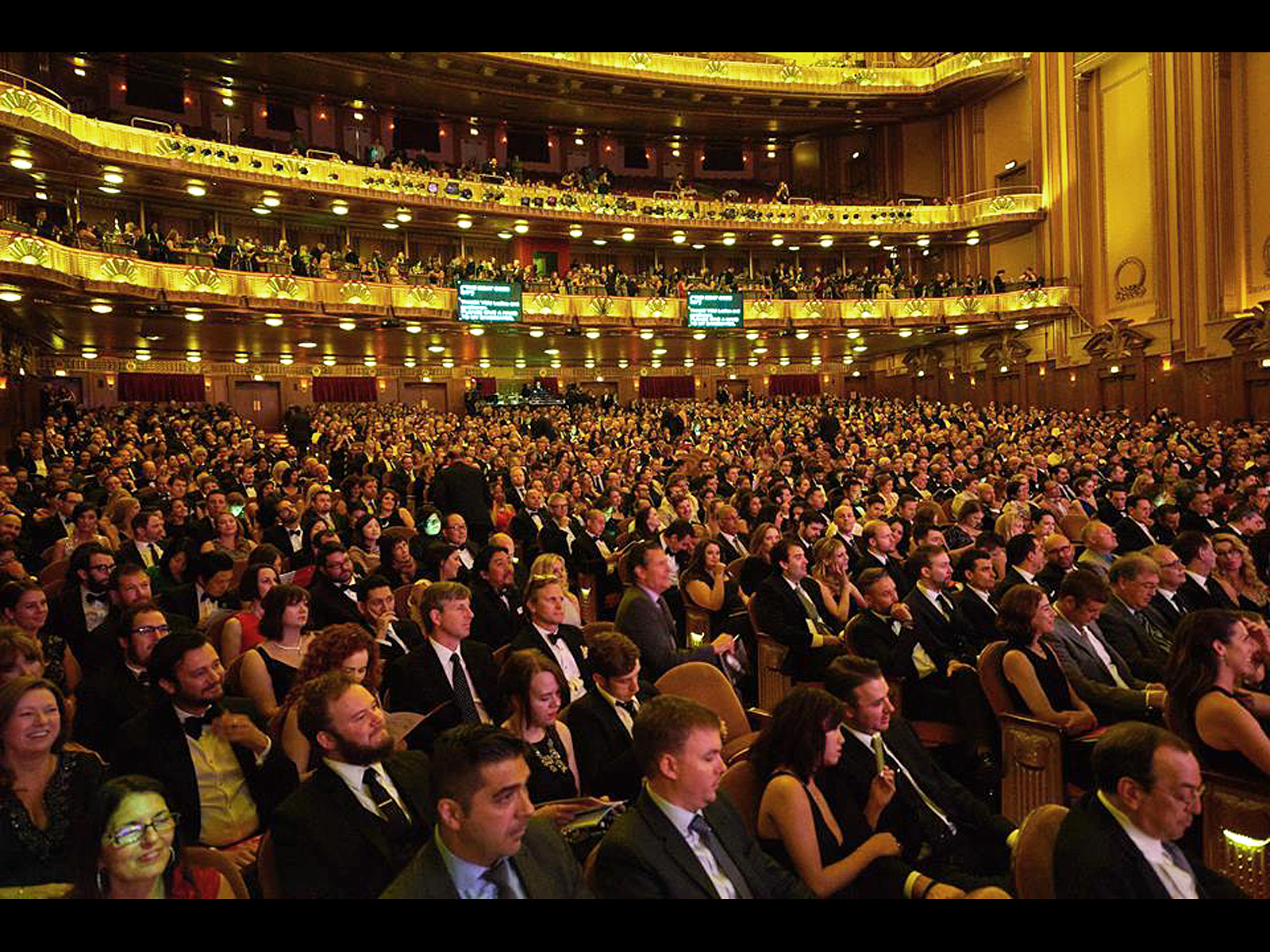I WAS JUST SAYING THAT ALMOST NOBODY had written about Chicago’s nominee for Rising Star Chef at the James Beard Foundation awards this year—an award last won by a Chicagoan just two years ago (when Jimmy Bannos Jr. of The Purple Pig tied with Blaine Wetzel of Washington state’s The Willows Inn). Though as it happens last year’s winner, Jessica Largey, then of Manresa in San Francisco, is the guest chef at Intro right now, too. So it’s a pretty big award here, and this should be a big deal, right? Everybody should be clamoring to write about this guy, right?
Fine, I’ll write about him myself.
It does not prove to be hard to get on Jenner Tomaska’s calendar, yet, and we meet at Publican Quality Meats for coffee before his shift at Next. I’ve met him before when we did his episode of Key Ingredient for the Reader in 2014, though he points out that he remembers a couple of the times before that that I turned up taking pictures or doing something in the kitchen at Next. I mention being there on opening night for the El Bulli menu, and wonder if he’s in my photos. “I’m sure I am. Though I had a shaved head and about 20 or 30 more pounds. That’s what working in a kitchen will do to you,” he says.
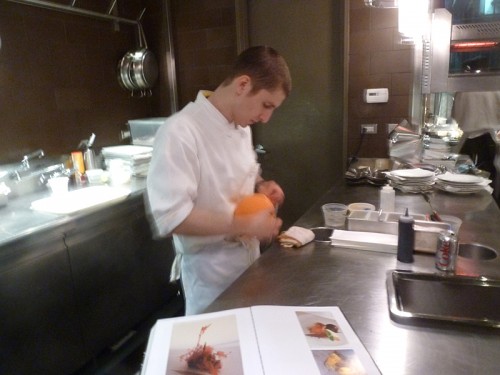
Jenner Tomaska on opening night of Next’s El Bulli menu, February 2012, a copy of an El Bulli cookbook open for reference
I ask him how he got to Next. “Dave Beran had worked at MK, and I worked at MK,” he says. “So through Erick Williams, that mutual friendship. He’s kind of like the big black father I never had,” he laughs. “He’ll laugh if you tell him that, because it’s kind of true.”
Tomaska had been working in kitchens since he was about 14, around Orland Park and Lombard, where he grew up. “At that point of being 18, before I went to school, and not really having been to the city, fine dining for me was Tin Fish,” a long-running seafood restaurant in a Tinley Park shopping mall. “That’s where I really started cooking, though I’d been working in kitchens bussing and expediting. But the first time I really cooked something, I don’t want to say from scratch, but at a decent restaurant, was there.” He went to school in Rhode Island and then worked for a bit in South Carolina, but came back to Chicago “because I knew I wanted to get into fine dining.”
After MK he staged at Alinea and was offered a job, but found Alinea’s kitchen intimidating. “I wasn’t exactly sure if I wanted to dive into that type of atmosphere,” he says. “One of my friends was also working at Next at the time, and kind of suggested that I come over.” Hotter than hot Next was just on its second menu then, the Thai one, and wasn’t accepting stages—”They had hired a team, and that was it.”
I would rather have made this for you than sit here and eat it with you. I get joy out of that.
But Tomaska saw something there he liked better than what he’d seen of Alinea. For people from other restaurants, the differences that made Alinea intimidating and Next appealing may seem pretty slight; both are run on a disciplined, “quiet kitchen” basis, aware of their visibility to the customers. “I think it was because it seemed smaller than Alinea, not to the public, but the actual space, the actual team,” he says. “If you’ve ever been in the Alinea kitchen, it can be a little overwhelming. At Next it felt like—I can grow here. I like what their philosophy is, I like the quiet, I like the hard work, I like the push, but it felt like a unit. I felt like I could fit in.”
He joined just in time to work on the Childhood menu, working in the secondary kitchen in the basement. After El Bulli “I was moved upstairs to chef de partie, a year later I was a sous chef, and a year after that, chef de cuisine.”
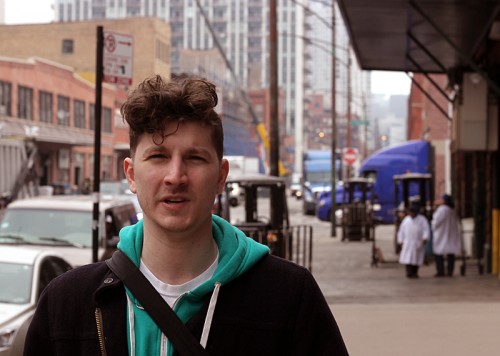
TOMASKA HAS A PRETTY BASIC ANSWER to the question of why he happened to rise so quickly in Next’s busy kitchen: “I have a sickening work ethic. I feel like that’s where I succeed, and when you know you have a strength in something, that’s where you go to. Just put my head down and do the job, and try to do it as well as possible. I don’t have hobbies, I just cook.”
Despite that level of commitment, Tomaska says he still has a girlfriend and something like a personal life. “We live together, she used to be in the industry, she worked at MK and other places, so she kind of gets it,” he says. “We both have Mondays and Tuesdays off, so that kind of helps.” They also both like photography, and stay in touch via Instagram when they can’t see each other in person. “She appreciates food more than I do, as a chef or a cook. I like to give an experience. Rather than consuming food, I’m more about crafting something for someone.” Pointing to the dish I ordered to justify our occupying a table close to lunchtime, he says, “I would rather have made this for you than sit here and eat it with you. I get joy out of that.”
“I’m not the next Grant Achatz, I’m not the next Ferran Adria, creative-wise,” he says. What he is, he says, is “Dave Beran’s sounding board for the last three years, since I’ve been a manager. We work extremely well together. I’m like his chalkboard that talks back.”
“It works like that. We sit down and talk about an idea and I’ll say, what if it was not that flavor but this flavor. Not that technique but this one. Or, hey Dave, how do you use one of these 500 magical powders that you have on the wall. Can you do this? Can you have a hot foam? Can you gel something that retains water out of this?”
The menus are created not only with Beran but with Grant Achatz—and when Tomaska refers to them, Beran is “Dave” but Achatz is “Chef.” I ask him to point out something specific on a recent menu that he consider his, but he says the creative process is not as cut and dried as that. Still, the current menu, The Alps, saw him definitely moving up in responsibility. “I was allowed to write the template for it. I literally wrote the menu as a starting point, within Dave and Chef’s confinements, and it went from there. Which is super cool, the first time I got to do that.”
He’s taken a similar on the menu that starts in a month, South America. “The menu’s done. I did a tasting for Chef… last week? The week before?” he asks. “So we’ve got about a month to tweak, which is cool.”
I ask him how they approached the first menu named for an entire continent. “So South America’s kind of huge, right? My thought was, you can’t really address it as a whole. It’s like doing Europe as a menu, it’ll get picked apart. Yes, we are doing The Alps, which is a European menu, but it has a focal point for different countries” in the mountain theme.
“So what we’re doing is we’re making two or three different menus within the menu. We’ll pick two or three countries, focus on those countries, and then switch about a month through that. A Next within a Next, to show how different the countries are and yet how similar they are. Otherwise, if people come in and we serve an empanada, they’ll say, well, this isn’t how we serve an empanada in Chile, or Argentina, we don’t bake ours, we fry them.”
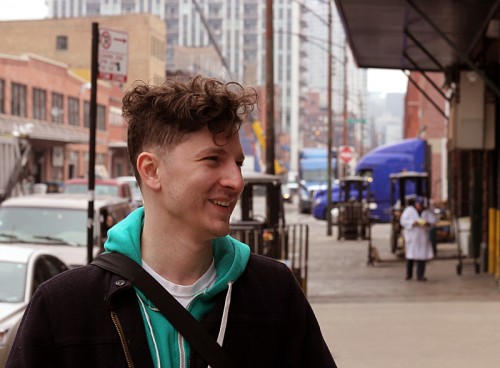
That leads us to a discussion of “authenticity,” which is a real bugbear right now for chefs who are used to working across cultural lines at will. “The word authentic, I don’t really like it,” he says. “Authentic to who? It’s authentic to me, because I’m making it. Or it’s authentic to you because you’ve experienced something like that. Or you didn’t so it’s not authentic to you, so who cares?”
“Well, if any restaurant is about working in other idioms, it’s Next,” I say. “So you’re doomed.”
“We’re doomed to be judged forever,” he says.
We turn back to the Beard nomination. I assume that was, in no small part, the work of Chef Achatz talking Tomaska up—the chefs who vote know the restaurant, but they don’t know who the chef de cuisine is. That’s not to say that Achatz pulled strings unduly to make it happen—part of the process is seeing who thinks highly enough of somebody in their group to go to bat for them, and it wouldn’t have happened if others didn’t think highly of Next. Call it the Head Chefs Caucus. “Do you think he campaigned for you to get a nomination?”
“I imagine so,” he smiles. “To be honest with you, it was a shock. Micah [Melton], who runs the beverage program, texted me at 11 am, ‘Congratulations!’ And I wrote back, ‘?????’ His response was, ‘Don’t you have the internet, chef?’ And I was like, no man, I’m butchering fish right now. I had no idea.”
“Just to be included is cool. But just to be included at the place I work at is cool, I’m really lucky,” he says. “Before, when Dave Beran got nominated, we’d all go to New York, just to be supportive. So it’s really cool that we can go to it here. Though it’s right when we’re launching the South American menu. It’s going to be a week with no sleep.”
Michael Gebert is the editor of Fooditor, and remembers well standing by Jenner Tomaska and the dishwashers, getting to try pieces of the El Bulli menu that weren’t quite perfect enough to send out on opening night.
Latest
Join the Discussion
After you comment, click Post. If you're not already logged in you will be asked to log in or register with Disqus.



